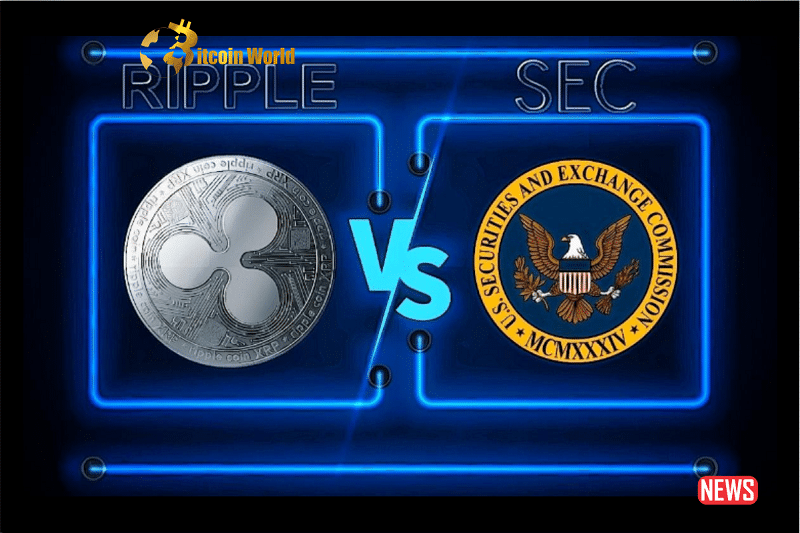The courtroom clash between Ripple and the United States Securities and Exchange Commission (SEC) has drawn attention from the cryptocurrency community. In a recent Twitter thread, John E. Deaton, a legal expert and amicus curiae for Ripple, criticized the SEC’s inconsistent stance on defining a “common enterprise.” Deaton’s comments were sparked by Stuart Alderoty, Ripple’s chief legal officer, who highlighted the SEC Realty Corp. case from 1994, exposing the watchdog’s dubious tactics.
Alderoty pointed out that in the aforementioned case, the court ruled that a “common enterprise” was not necessary if the fortunes of investors were tied to the promoter’s efforts. This decision contradicts the SEC’s position and reveals their deceptive maneuvering, according to Alderoty.
Deaton further argued that the SEC shifted its theory, claiming that the entire XRP ecosystem constituted a common enterprise. This encompassed all XRP holders, exchanges listing XRP, and vendors accepting XRP as payment. The SEC intended to use an expert witness to support this exaggerated claim. However, the judge excluded the witness’s opinion, dismissing it as nonsensical.
The attorney condemned the SEC’s “insane argument” and criticized their ever-changing, “schizophrenic defence.” He highlighted how the SEC once again altered their common enterprise theory, asserting that XRP represents the common enterprise.
Echoing Deaton’s sentiments, lawyer Bill Morgan expressed his belief that the SEC should be strongly rebuked for failing to satisfy the common enterprise prong alone, let alone their problems with other aspects of the case. Morgan also dismantled the SEC’s argument that the fungibility of XRP evidenced a common enterprise, pointing out that the same argument could be applied to an ounce of gold.
Alderoty referenced the SEC’s unsuccessful argument in the historic ‘Howey’ case of 1946, where the SEC claimed that a common enterprise was unnecessary if a “community of interest” existed. The court rejected this argument, demonstrating the SEC’s consistent misinterpretation of the law.
Deaton reinforced Alderoty’s argument, highlighting the SEC’s open disregard for the law and its bold statement that a “common enterprise” was not a distinct element of an “investment contract.”
Amidst the legal battle, XRP’s market value fluctuated. At the time of writing, XRP was priced at $0.43, experiencing a slight 0.1% drop on the day and a 3.12% decline over the previous week. These numbers compounded to a monthly loss of 18.06%.
As the Ripple-SEC saga continues, the cryptocurrency community eagerly awaits the resolution of this courtroom standoff, hoping for clarity and fair treatment in the evolving regulatory landscape.














